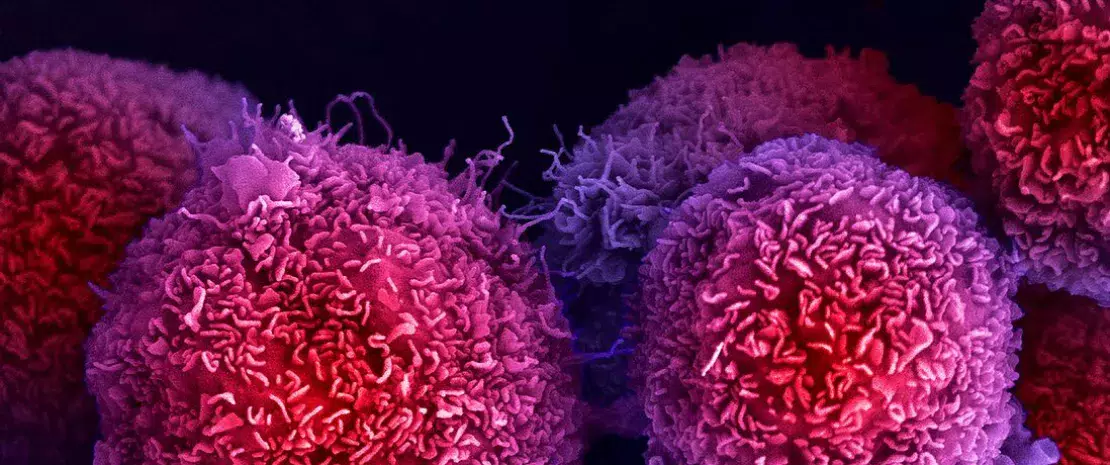Want to know more about Dr. Singh
In your point of view, what is the biggest breakthrough related to microbiota these last years?
To be able to identify specific bacteria related to healthy and disease states and relevant microbial metabolites as systemic or fecal biomarkers will allow development of several microbiome-based therapeutics products for the treatment and prevention of GI and metabolic diseases and immune disorders.
Do you think there is a growing interest on microbiota recently?
Definitely, the level of translational research as well awareness and use of products modulating microbiota among populace is growing rapidly and hope to grow further as more successful Live Biotherapeutic Products enters clinical use.
Do you have a tip for taking care of our microbiota?
As much as possible, eat freshly prepared meal with good serving of vegetables and fruits, keep healthy bowel habits and sleep habits, and involve in destressing activities on regular basis.
Do you have an anecdote, or a surprising fact/story to share on your research?
For a long time, polyphenol research has been confounding due to their poor bioavaibility (<5%), however as role of microbiota in maintaining health is strengthening, benefits of polyphenols despite low systemic exposure is starting to make sense, due to their extensive recycling resulting in repeated interactions with microbiota
What is for you the most fascinating bacteria?
Lactobacillus, a beneficial microbe fascinates me as many people in the world including many of my family members are lactose intolerant possibly because their gut environment does not support the colonization of Lactobacillus. So, does the daily intake of probiotic supplement containing Lactobacillus will solve the issue or something more is needed?
Do you have an inspirational person in mind? (in the field of research? / Medical? / in general?)
This list is long as the field is filled with some really ingenious researchers. But I am a big fan of Dr. Emeran Meyer and regularly read "Gut Health Insights" which he tries to educate everyone in simple language on how to maintain a good gut microbiome and its relationship to stress and immune system. I think community at large needs to learn how to maintain their own health and prevent diseases with maintenance of healthy gut microbiome.

 Dr. Brown (USA winner 2021): Microbiota & respiratory syncitial virus infection
Dr. Brown (USA winner 2021): Microbiota & respiratory syncitial virus infection
 Dr. Queen (USA winner 2020): Microbiota & colorectal cancer
Dr. Queen (USA winner 2020): Microbiota & colorectal cancer


























